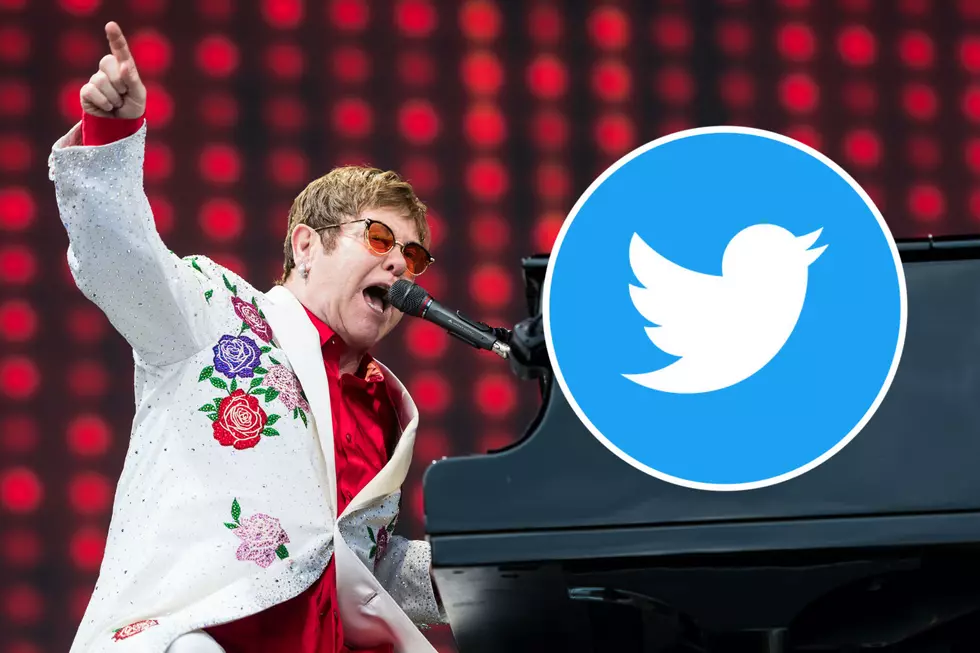
Five Lessons to Be Learned from the COVID-19 Pandemic
Everyone should be learning a few things from what’s happening in our world right now. There’s plenty of blame to go around for not being adequately prepared. There’s plenty of blame to be handed out for the lack of preparedness and the panic that’s ensued, but it’s time to set aside the finger pointing and understand the stark realities of where we are and where we will go next.
The economic fallout from this has already been nothing short of extraordinary. Trillions of dollars in stock gains and wealth has been wiped out. For the wealthiest in the world it’s bad, but in time they’ll recover. But what about everyone else? What about the other aspects of our economy, such as trade, prescription drug availability and personal savings?
Here are five lessons we need to learn, and things that need to change, to put you and I on a path that makes us more secure as individuals and as a nation.
- It’s time to reduce our dependency on China for day to day consumer and industrial goods to the greatest degree possible.
COVID-19 has disrupted supply chains worldwide. It’s likely we’ve only seen the tip of the iceberg where these shortages are concerned. Everyone is feeling the strain. Many manufacturers are already seeking to diversify their supply chains. There’s no logical reason to not bring every bit of manufacturing we can to our own soil. Being dependent on China for everyday consumer goods like socks, can openers or even smart phones may not seem like a big deal, until you cannot get them. Yes, you and I will pay more. So what? Are you going to give up your iPhone or your Nike’s because the price went up? I can assure you, you will not. Making more of what we need in our everyday lives here can only serve us well.
- We must stop importing our drugs from other nations, especially China.
Most don’t realize that American drug manufacturers do NOT manufacture most of the drugs so many rely upon every day. In fact, many drug components, as well as complete prescription and non-prescription drugs, are made in China. A huge drug recall last year affected numerous and widely-used blood pressure drugs, with Valsartan, Losartan, and Irbesartan being some of the more commonly prescribed. These are classes of blood pressure med's known as Angiotensin II Receptor Blockers or ARB’s. A component of the drugs manufactured in China was found to contain a known carcinogen called N-nitrosodimethylamine, or NDMA for short. NDMA is also hepatotoxic, meaning it is very damaging to the liver. Though many of these drugs are manufactured in India, some of the ingredients are made in China. Cost shouldn’t even be a consideration in this decision. Lives are at stake.
- The average American has less than $1,000 in savings and as little as $400 in ‘emergency cash’.
Maybe you have a 401K, but that’s hardly ready cash. So many Americans have saved little. The lack of savings could leave you in a very difficult spot at times like these. What’s more troubling is most American’s, especially those under 35, carry no cash on a regular basis. We’ve increasingly become a ‘plastic only’ society, opting to whip out the debit or credit card for everything from sodas to clothes to appliances. You’d think the 3 to 5 percent in fees that many merchants now tack onto your bill would encourage more to carry cash, but that doesn’t seem to be the case. What the COVID-19 pandemic should teach us is that we absolutely do need to carry cash. Why? What happens if, whether due to an act of terrorism or a natural disaster or the extraordinary impact of a pandemic, the internet that we all must rely on for these plastic transactions stops working, even temporarily? With the COVID-19 pandemic forcing many millions of people to stay home, the stresses on the internet are tremendous as we eat up nearly every bit of bandwidth available. At some point, the internet could crash on us, if even just locally or regionally. It’s untested territory we’re in. If you need fuel, medicine, food, anything at all, you’ll be out of luck without cash. The concept of a cashless society is foolish, at best. Save a little, keep some cash on hand and reduce your personal debt wherever you can.
- This goes along with number 3: Don’t count on too many ‘stimulus’ checks from Uncle Sam.
Based on your 2018 reported income, many American’s will be receiving a ‘stimulus’ check from the U.S. Treasury for up to $1200 for individuals and $2400 for couples. It’s a great boost, especially for those with little or no money in savings to tap, but it’s a band aid at best. And, the Fed is currently pumping money into the markets like crazy to try and stem the tide of an economy that has ground to a near halt thanks to COVID-19 and the necessary response. This isn’t money from the government, it’s from the taxpayers. Some of us haven’t seen a tax rebate in a long time. You’re welcome. But I wouldn’t plan on this being a long-term solution for anyone. Currently, it’s a one-off. If the pandemic deepens, you might see another payment in May, but don’t hold your breath. We absolutely have to get back to work and soon.
- Store shelves are near empty in many communities. Panic buying is giving us a taste of what supplies of some of the most common items in our society would be like under socialism. We need to let our supplies rebuild!
In a socialist system, since government controls are required to ensure the most equal distribution of wealth and commodities, you wouldn’t enjoy fifty varieties of toilet paper or bottled water. And you certainly won’t have unlimited quantities to hoard. Supply is tightly controlled and therefore so is demand. The panic buying of the past three weeks or so has led to shortages of everything from canned soup to toilet paper to hand soap. Did you ever think you’d see that day in Texas when marijuana would be more readily available than toilet paper? The panic buying needs to stop right now. Otherwise, we will see government mandated rationing to get it under control. Be prepared? Absolutely. Have enough of the basics on hand for a few days or even weeks? Of course! But some of you likely now have enough toilet paper to last you through the next century. Give it a rest. And while you’re at it, donate some of that toilet paper to your local shelters or other non-profit agencies.
We will come out on the other side of this better for it, I hope. We can take steps to make our lives and our nation better. Our republic remains strong and our determination to be the best is unwavering. COVID-19 is forcing everyone, not just Americans, to reassess some things. This too shall pass. America is, indeed, an exceptional nation. God Bless America.
More From 92.9 NiN










